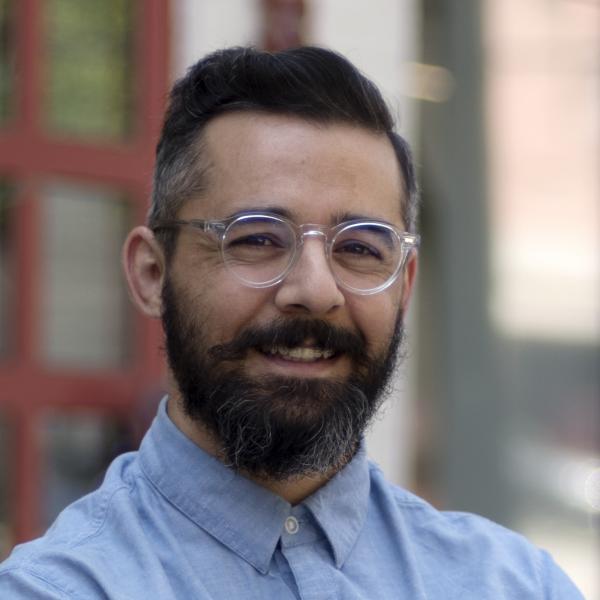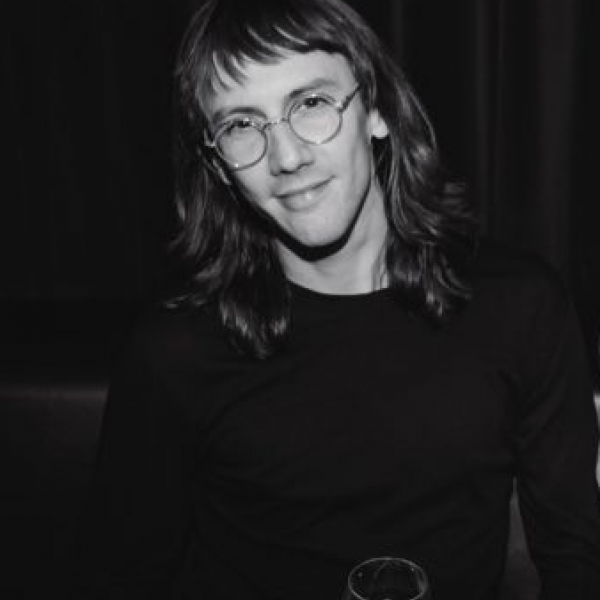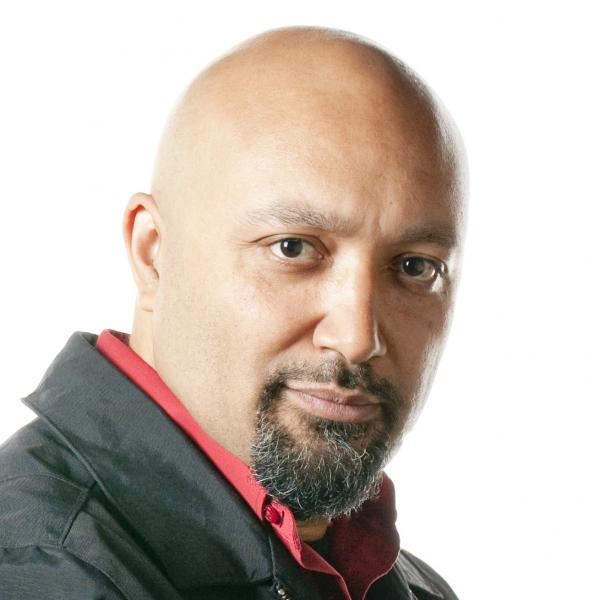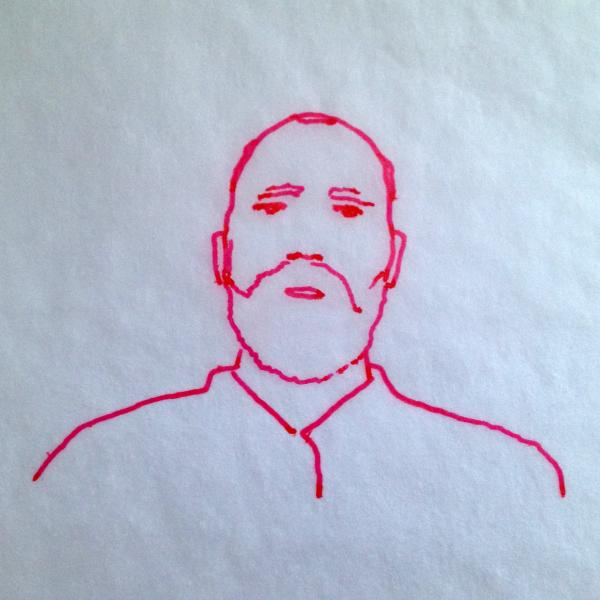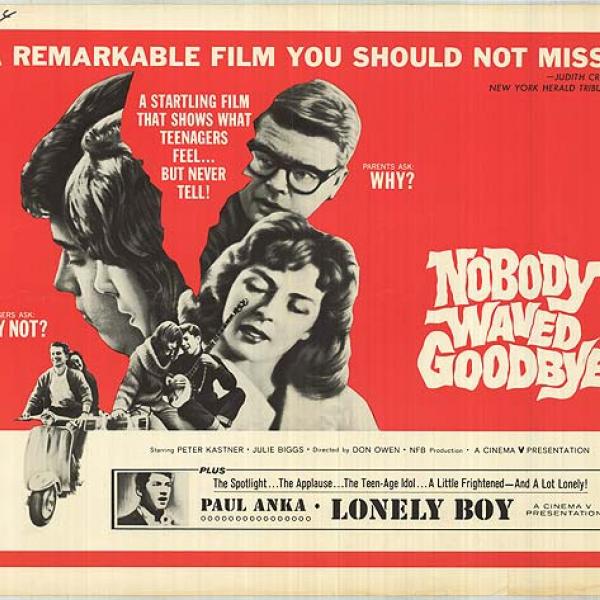
John Greyson
The recipient of the 2000 Toronto Arts Award for film/video and the 2007 Bell Award in Video Art, John Greyson is a filmmaker, video artist, writer, activist and educator whose productions have won accolades at festivals throughout the world.
Feature films include: Urinal (1988 – Best Feature Teddy, Berlin Film Festival); Zero Patience (1993 – Best Canadian Film, Sudbury Film Festival); Lilies (1996 – Best Film Genie, Best Film at festivals in Montreal, Johannesburg, Los Angeles, San Francisco); Uncut (1997, Honourable Mention, Berlin Film Festival); The Law of Enclosures (2000, Best Actor Genie); Proteus, co-created with Jack Lewis (2003); and Fig Trees (2008 – Teddy Award for Best Documentary, Berlin Film Festival). Film/video shorts include: The Kipling Trilogy (1984-5), The ADS Epidemic (1987), The Making of Monsters (1991 – Best Canadian Short, Toronto Film Festival; Best Short Film Teddy – Berlin Film Festival), Herr (1998) and Packin’ (2001).
As a director for television, his credits include episodes for such series as Queer as Folk, Made In Canada (Best Director Gemini, 2002), Drop the Beat and Welcome to Paradox.
Professor Greyson’s publications include Urinal and Other Stories (Power Plant/Art Metropole) and co-editor of Queer Looks, a critical anthology of gay/lesbian media theory (Routledge). He is a co-investigator on York’s Future Cinema Lab, a joint research project with Film Professors Janine Marchessault and Caitlin Fisher. Supported by the Canadian Foundation for Innovation, the Future Cinema Lab is a state-of-the-art media research facility into new digital storytelling techniques and how these can critically transform a diverse array of state-of-the-art screens.
John Greyson is active in various anti-censorship, AIDS, peace and queer activist media projects, including The Olive Project, Deep Dish TV, Blah Blah Blah and AIDS Action Now. His contributions as a member and through service on the boards of arts organizations include V/Tape Distribution, Inside Out Film/Video Festival, the Euclid Theatre, Trinity Square Video, Charles St. Video, LIFT (Liaison of Independent Filmmakers Toronto) and Beaver Hall Artists Housing Co-op.
Professor Greyson has taught film and video theory and production in Canada, the United States, Cuba and South Africa. He joined the full-time faculty in York’s Film Department in 2005.


